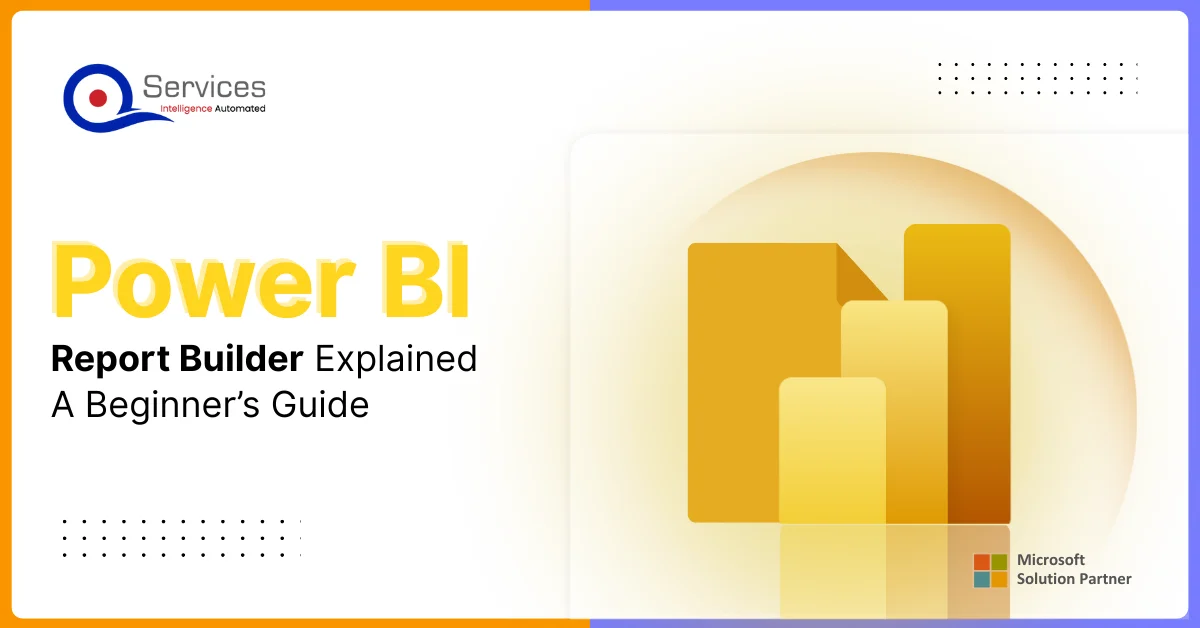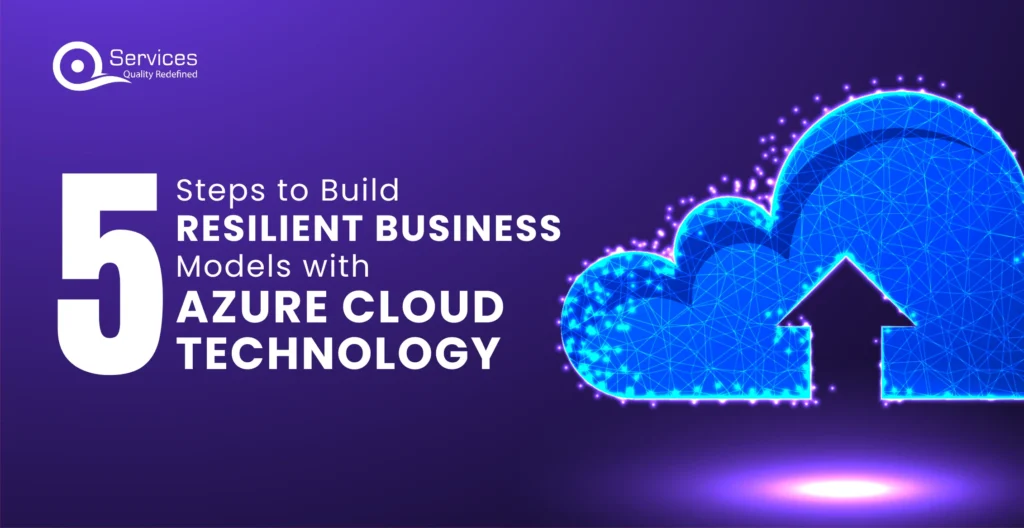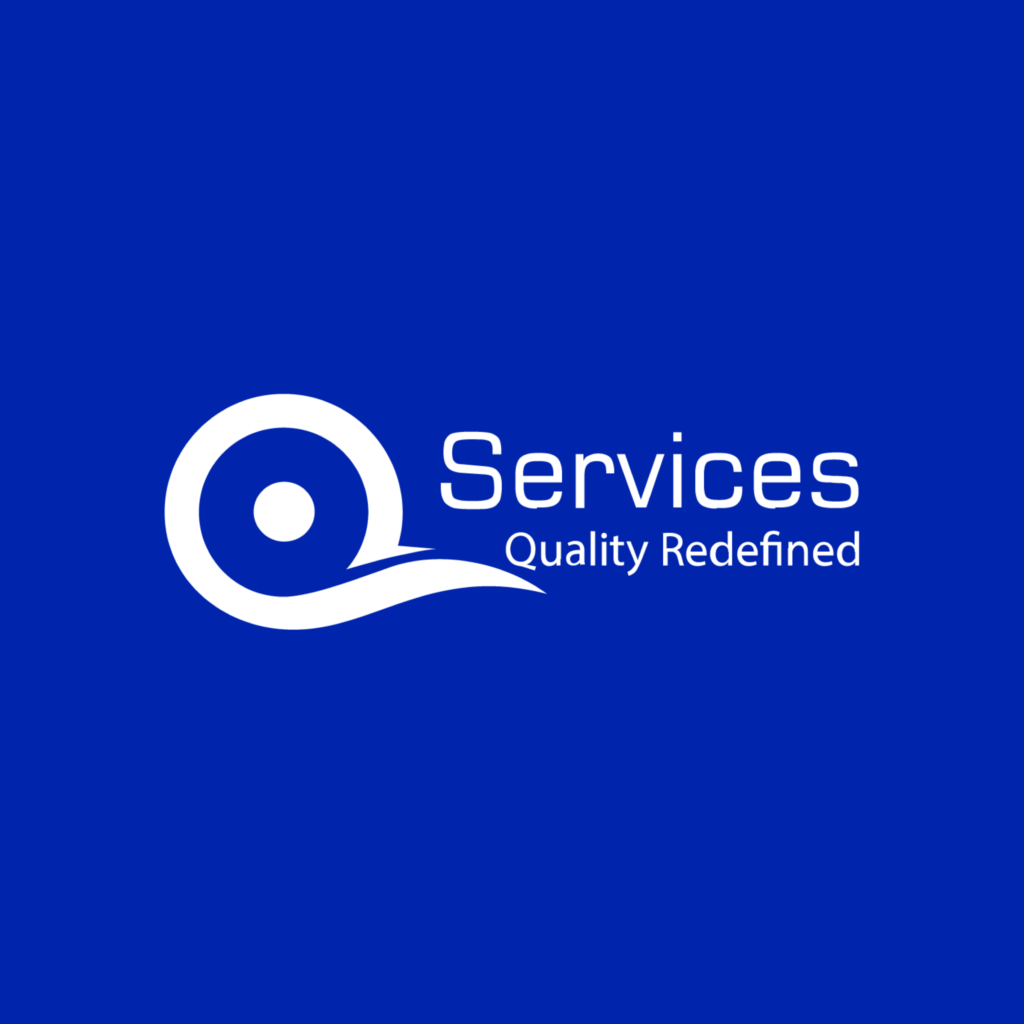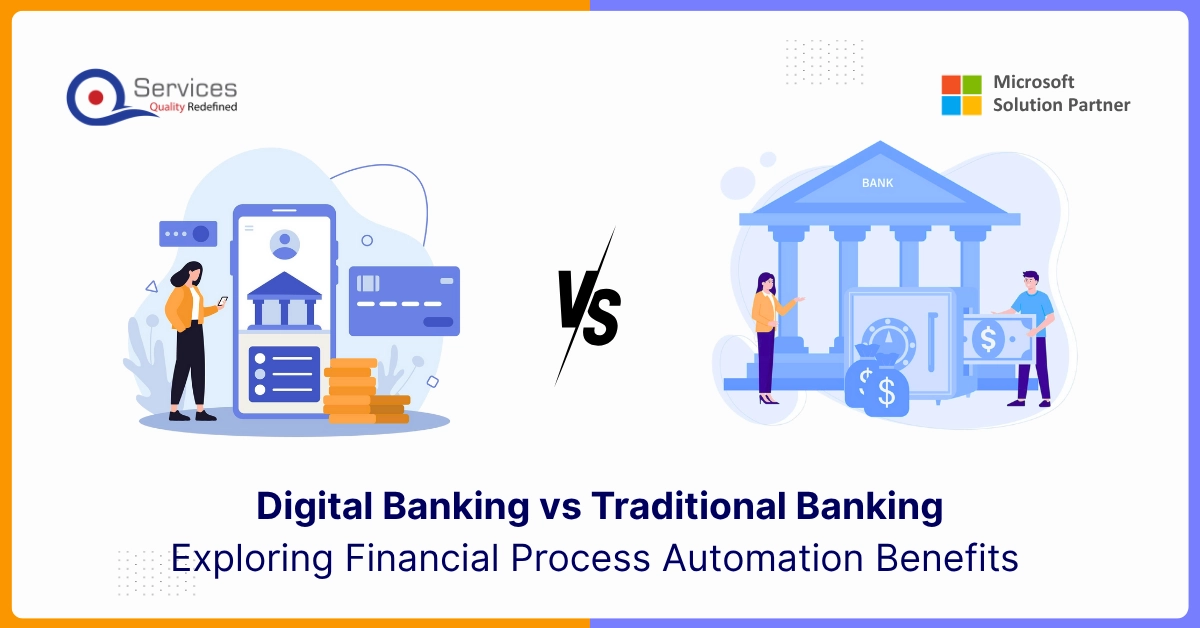
Home » 5 Steps to Build Resilient Business Models with Azure Cloud Technology

As we reflect on the evolution of IT infrastructure, Charles Darwin’s timeless insight rings true: “It is not the strongest of the species that survives, nor the most intelligent; it is the one most adaptable to change.” The world of IT is always changing for many reasons. Businesses need to stay ahead of changes in markets and competition. They also need to recover quickly from disasters and cyberattacks. That’s why having resilient IT systems is so important. Cloud technology is a great solution because it’s very adaptable. In this blog, we‘ll talk about how businesses can use Microsoft Azure Cloud Solutions to build strong and flexible business models that can handle change well and keep doing well.
Organizational resilience means being ready for problems before they happen and having a plan to deal with them. It involves:
It’s important for organizations to prepare for tough situations to have better outcomes. Business continuity planning and disaster recovery planning are part of this resilience. They help businesses handle sudden disasters and slow changes. For example, the decline of video stores due to streaming services shows why it’s crucial to predict and adjust to changes for long-term success.
Get free Consultation and let us know your project idea to turn into an amazing digital product.
Digital resilience enables an organization to maintain operations even during disruptions. Whether it’s a cyberattack, system failure, or natural disaster, having robust digital systems ensures that critical functions continue without major interruptions.
Organizations with digital resilience can adapt swiftly to changing market conditions, competitive landscapes, and customer demands. They leverage data and digital governance strategies to stay agile and responsive.
A digitally resilient organization strengthens its cyber defenses. It embraces practices like zero-trust network design and other anti-data theft strategies to protect sensitive information and maintain trust with stakeholders.
Digital resilience fosters innovation capabilities. By leveraging technology effectively, organizations can accelerate their time-to-market for new products and services.
Having a resilient digital infrastructure reduces the impact of disruptions. Organizations can spot early signals of trouble through real-time data, allowing them to take preventive measures.
Microsoft Azure stands as a comprehensive cloud computing platform, offering organizations an extensive suite of services for application development, deployment, and management. Here’s an overview of Azure’s key features:
Cloud Services: Azure boasts a diverse range of cloud services, covering essential areas such as computing, storage, networking, databases, analytics, artificial intelligence (AI), and Azure IoT solutions.
Scalability and Flexibility: With Azure, organizations can easily scale their resources up or down to meet fluctuating demands, ensuring adaptability from small-scale projects to enterprise-level applications.
Global Reach: Azure’s extensive network of data centers across the globe ensures optimal performance and low-latency access for users worldwide, allowing organizations to choose the best region for their needs.
Security and Compliance: Azure prioritizes robust security measures, including identity management, encryption, and adherence to industry standards and regulations, ensuring data protection and compliance.
Cost Optimization: Azure offers flexible pricing models, including pay-as-you-go options, reserved instances, and cost management tools, enabling organizations to optimize their cloud spending effectively.
Microsoft Cloud, through its Azure platform, provides tools and services that help businesses create strong and adaptable models. With Azure, companies can easily access and use different types of computing resources, like virtual machines and containers, to build applications that can handle changes smoothly. These resources can adjust automatically to meet the needs of the business, reducing any interruptions in operations.
Azure also offers solutions for keeping data safe and recovering quickly from any unexpected problems. For instance, Azure Backup and Azure Site Recovery help businesses store important data securely and recover it fast in case of emergencies. Additionally, Azure provides tools to protect against cyber threats and manage user identities, ensuring that businesses can operate securely in today’s digital environment. By using Azure, companies can develop resilient models that can adapt to challenges and keep running smoothly.
To construct resilient business models, it’s essential to start by thoroughly assessing your status and identifying vulnerabilities across your infrastructure, applications, and operational workflows. This involves a comprehensive examination to pinpoint weaknesses and areas ripe for improvement. Utilizing tools like Azure Monitor helps in gaining valuable insights into your system’s performance, health, and potential bottlenecks.
Additionally, integrating Azure Cloud Backup Solutions is crucial for safeguarding vital data. By establishing routine backups, you ensure data availability, even during unexpected events, bolstering your business’s resilience against data loss. This meticulous assessment and proactive approach laid robust groundwork for building resilient business models.
To fortify resilient business models, it’s crucial to adopt Cloud-Native Architecture with Azure. This approach involves designing applications with cloud-native principles to boost scalability, reliability, and flexibility. This includes breaking down monolithic applications into smaller, independent services using Microservices architecture. Utilizing Azure Kubernetes Service (AKS) ensures efficient management and scalability of containerized applications. Moreover, implementing serverless computing with Azure Functions enables automatic scaling and cost efficiency. Additionally, by using Azure’s IoT solutions like Azure IoT Hub facilitates seamless integration of edge devices, sensors, and data streams, ensuring robust IoT connectivity and management.
In the pursuit of constructing resilient business models with cloud technology, ensuring the availability, integrity, and security of data is paramount. Azure offers tailored solutions to address these crucial aspects. By utilizing distributed databases, data lakes, and backup solutions, businesses can fortify their data management practices. Moreover, implementing disaster recovery (DR) strategies and conducting regular testing thereof strengthens the resilience of cloud-based operations. These measures collectively bolster data security and integrity, laying a sturdy foundation for building resilient business models in the digital realm.
When building resilient business models with cloud technology, a key focus is on cloud application development. This involves adopting modern practices to speed up the creation and deployment of applications while ensuring security remains a top priority. For example, integrating security measures into the software development process using Azure DevOps helps guarantee safety and smooth operation. Additionally, leveraging serverless computing through Azure Functions enables rapid development and scalability. Azure Logic Apps are also valuable for automating business processes. It’s essential to design applications as collections of smaller services that can scale and integrate effectively. Separating data from applications enhances performance and offers flexibility in data storage and processing. Optimizing application communication and planning for performance and scalability are also critical steps.
As part of the process of building resilient business models with cloud technology, it’s crucial to emphasize the importance of testing, iterating, and continuously improving your strategies. This step ensures that your organization remains adaptable and responsive to unforeseen challenges. Utilizing tools like Azure Site Recovery, you can regularly test disaster recovery plans, ensuring readiness to mitigate the impact of unexpected events and minimize downtime. Conducting load testing and failover drills allows you to validate system performance and resilience under various conditions, identifying potential weaknesses and areas for improvement.
Moreover, learning from incidents and refining resilience strategies based on insights gathered fosters continuous improvement and adaptation to evolving threats and challenges, ultimately strengthening your organization’s resilience in the face of adversity.
Building strong business models with cloud technology means making sure companies can handle tough situations and changes well. This includes being ready for problems before they happen, responding effectively when they occur, and learning from past experiences. Cloud technology, like Microsoft Azure, helps a lot with this. It lets businesses build applications that can adapt easily and keep running smoothly, even during disasters or cyberattacks.
Using cloud technology, companies can design applications that are flexible and can grow as needed. They can also make sure their data is safe and recover quickly if something goes wrong. By testing regularly and learning from mistakes, businesses can keep improving and getting better at handling challenges. Overall, Cloud-based models provide the infrastructure and tools to build resilient systems. Organizations must strategically design and architect their cloud solutions to ensure high availability, disaster recovery, and efficient scaling while considering cost implications.

Content Moderator

Our Articles are a precise collection of research and work done throughout our projects as well as our expert Foresight for the upcoming Changes in the IT Industry. We are a premier software and mobile application development firm, catering specifically to small and medium-sized businesses (SMBs). As a Microsoft Certified company, we offer a suite of services encompassing Software and Mobile Application Development, Microsoft Azure, Dynamics 365 CRM, and Microsoft PowerAutomate. Our team, comprising 90 skilled professionals, is dedicated to driving digital and app innovation, ensuring our clients receive top-tier, tailor-made solutions that align with their unique business needs.

Automation is quickly becoming a major driver of growth in the finance sector. The way it manages rising transaction volumes, complex compliance needs, and other critical processes has caught the attention of many financial institutions.

Loan processing is a core function of financial institutions. When customers apply for loans, they’re often in urgent need and expect quick decisions. However, banks face delays due to due to manual document verification, credit risk assessments, and compliance checks.

To move towards future-ready banking, automation is not just good to have—it’s necessary. In this blog, we’ll explore why the banking automation industry is key to modern finance and why banks must act now to stay competitive and compliant.

Founder and CEO

Chief Sales Officer
